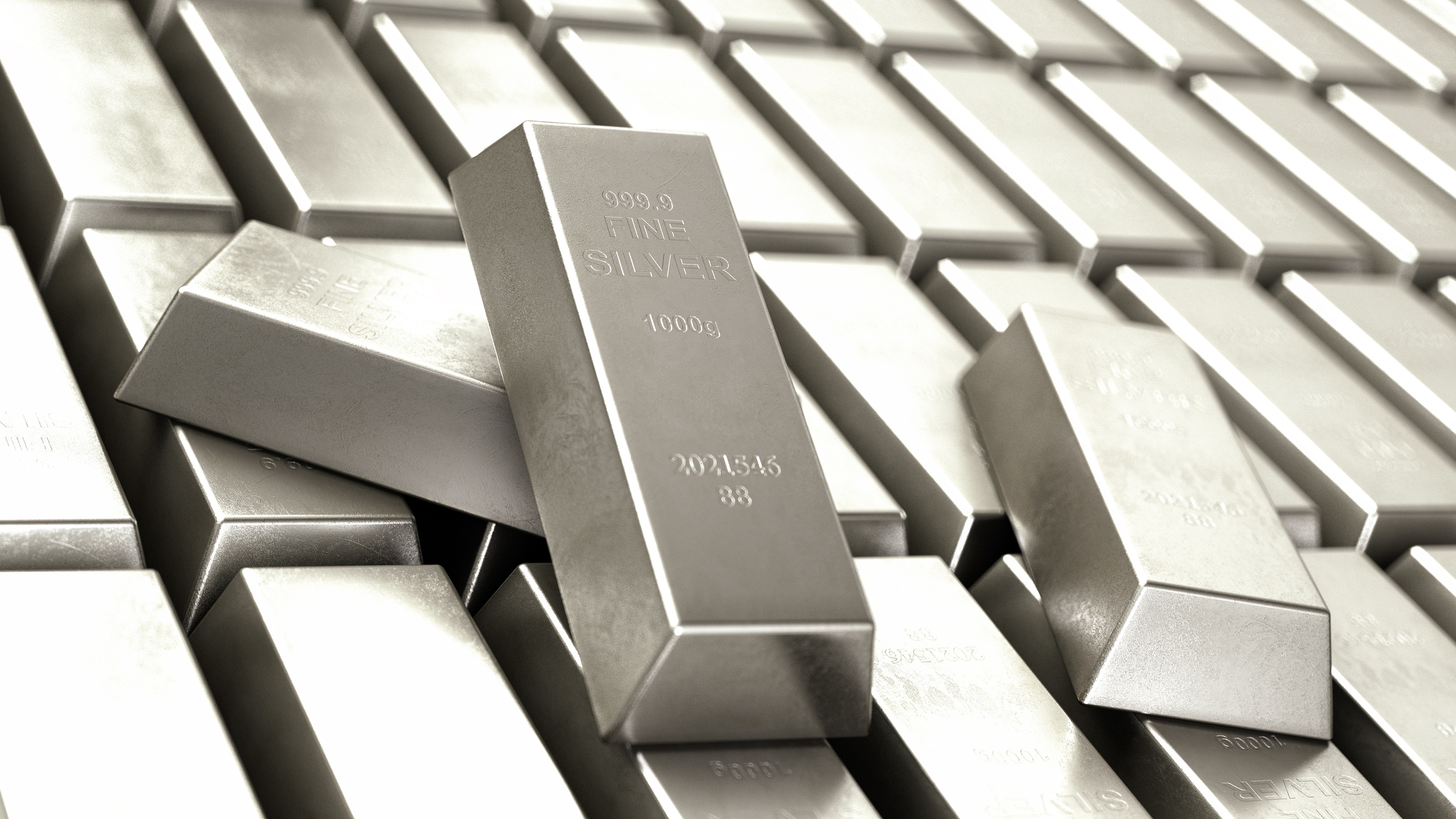Silver is a chemical element with the symbol Ag and atomic number 47. It is a soft, white, lustrous metal that is highly valued for its beauty, versatility, and various uses. Some of the key factors that contribute to the value and importance of silver include:
- Rarity: While silver is not as rare as gold, it is still a relatively scarce element, and it is not found in large quantities in the Earth’s crust. This rarity, combined with the fact that silver is not easily destroyed or corroded, helps to make it valuable.
- Beauty: Silver is a lustrous, reflective metal that is highly prized for its beauty and versatility. It can be shaped into a variety of forms, including jewelry, coins, and decorative objects, and it has a bright, shiny appearance that is visually appealing.
- Durability: Silver is highly resistant to corrosion and tarnish, and it does not deteriorate over time. This makes it a durable material that can maintain its value and appearance for many years.
- Utility: Silver has a number of useful properties, including its high conductivity and ability to reflect light, which make it valuable for a variety of industrial and technological applications. Silver is used in a wide range of products, including electronics, batteries, solar panels, and medical equipment.
- Cultural significance: Silver has played a significant role in human history and culture, and it has been used by many cultures as a symbol of wealth, power, and status. This cultural significance adds to the value and importance of silver.
In summary, silver is valuable due to its rarity, beauty, durability, utility, and cultural significance. These factors contribute to the value and importance of silver, and they help to make it a highly sought-after commodity.
Some of the key industrial applications of silver include:
- Electronics: Silver is an excellent conductor of electricity and is widely used in the electronics industry to make electrical contacts, switches, and other components. It is also used to make silver-based conductive inks and pastes, which are used in the manufacture of printed circuit boards and other electronic devices.
- Batteries: Silver is used in the production of batteries, both as a conductor and as a catalytic agent. Silver-zinc batteries are used in a variety of applications, including aircraft, military vehicles, and portable electronic devices, due to their high energy density and long shelf life.
- Solar panels: Silver is used in the production of solar panels, both as a conductor and as a reflector. Silver is highly reflective, and it is used to increase the efficiency of solar cells by reflecting sunlight back onto the cells.
- Medical equipment: Silver has antimicrobial properties, and it is used in a variety of medical applications, including wound dressings, catheters, and other hospital equipment. Silver is also used in the production of silver-coated dressings, which are used to help prevent infections in burns and other wounds.
- Glass production: Silver is used in the production of mirrors, windows, and other glass products. When silver is used in the production of glass, it creates a highly reflective surface that is highly resistant to tarnish and corrosion.
- Water purification: Silver is used in the water purification industry to help kill bacteria and other harmful microorganisms. Silver is effective at killing bacteria because it interferes with the metabolism of the bacteria, causing it to die.
These are just a few examples of the many industrial applications of silver. Silver is a versatile metal with a wide range of uses, and it plays a vital role in many different industries around the world.





